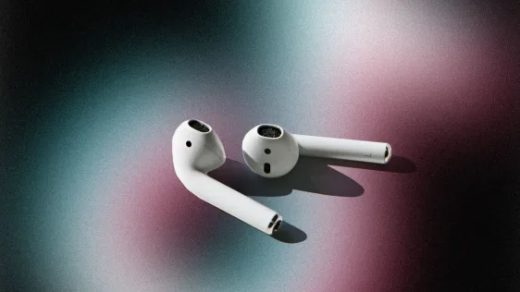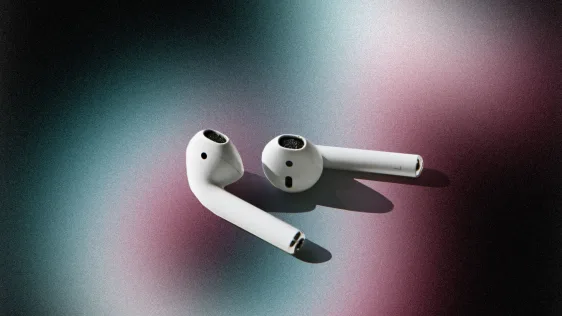What will happen to your TikTok videos under Universal Music Group’s copyright law?
Overnight, TikTok video feeds started going silent—not as some sort of weird Charlie Chaplin homage, but because Universal Music Group did, as previously threatened, pull its expansive song catalog, igniting a “Mute-pocalypse” where videos featuring music by many of the industry’s biggest names (Taylor Swift, The Weeknd, Lana Del Rey, Bad Bunny, Britney Spears, Drake, Post Malone, Fleetwood Mac) were suddenly flagged for copyright infringement.
The reason is that Universal’s licensing agreement expired on Wednesday. Universal didn’t renew the deal because it says TikTok is refusing to address key concerns about artist royalties, deepfakes flooding the platform, and app-wide problems with hate speech and harassment. TikTok called Universal’s complaints “self-serving” in an extremely short press release, and effectively dared Universal to walk.
It was a game of chicken whose stakes were crystal clear (no more Universal-owned music for TikTok’s music-centric app), but the effect on users has been disarraying. Universal artists’ songs have begun to vanish from the app’s pre-cleared library of 1 million songs. Some official TikTok profiles have lost their handy tab of tracks where users could sync songs with their own videos. And many posts featuring Universal’s music—but not all—have lost their sound.
Sometimes, the app tags infringing videos with a notice reading, “Sound removed due to copyright restrictions.” Other times, it doesn’t, such as with a video Kylie Jenner posted back in September, set to one of Lana Del Rey’s songs. Now totally silent, it just carries a caption observing: “This sound isn’t available.” (The copyright-infringement giveaway was old user comments like “kylie and lana???” and “KYLIE IS A LANA GIRLIE???”)
One user complained that the video of her first dance at her wedding got muted because she and her husband picked an ABBA song. (Luckily, she added, she has a copy saved.) Others said some of their unpublished drafts have been stripped preemptively of sound, but live posts with the same music weren’t touched.
Compounding user confusion, Universal owns several very well-known record labels (Republic, Interscope, Capitol, Def Jam), but distributes the music for others, all while also representing songwriters. For instance, Steve Lacy, of the TikTok-famous song “Bad Habit,” is signed to the Sony-owned record label RCA as a musician, but is represented by Universal Music Publishing Group as a songwriter. Right now, TikTok still has tons of “Bad Habit” videos, but it’s possible that could change if Universal gets more aggressive with its copyright takedown requests.
But underscoring a full and fair enforcement’s infeasibility is the fact that a ton of other Universal music is still all over the platform, just in harder-to-spot contexts like Taylor Swift, Kendrick Lamar, and Harry Styles Grammy performances.
TikTok didn’t release any public statements in advance to help users prepare, or explain how to salvage content impacted by the Mute-pocalypse. It hasn’t posted any guidance to its pages for developers, advertisers, or the media. However, sellers on the app’s e-commerce platform, TikTok Shop, apparently received a message on Thursday walking through the process to change a video’s sound. The company did not respond to Fast Company‘s request for comment regarding its music copyright enforcement.
For everybody else, the good news is when songs from TikTok’s own library are the culprit, many users say it’s an easy fix, and they’re prompted to just choose different music. If the audio has Universal music layered with original vocals, though—that’s another story. If you’re fine investing the energy, apps exist (like Moises and Lalal.ai) that can help to separate vocals from music recordings.
A band of peeved users is threatening to hunt down Universal songs on other music-streaming services, like Spotify or YouTube, then splice them in. But that’s not likely to fool the fancy TikTok auto-detection software for long, and this bolder strategy puts users on an even wronger side of copyright law: This workaround violates the TikTok user agreement, giving the platform cause to deactivate their accounts.
(19)



